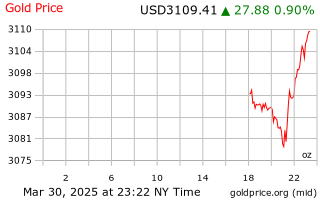Micro-investing has emerged as one of the most accessible ways for Singaporeans to enter the financial markets without the stress of committing large sums. The idea is straightforward. You invest small amounts at regular intervals, often through mobile apps that automate everything from deposits to portfolio allocation. With fractional shares and exchange traded funds available for as little as S$1, even the smallest contributions begin to take shape as a genuine portfolio over time.
Its appeal lies in simplicity and confidence building. Micro-investing eliminates the belief that serious investing requires substantial capital. User friendly apps guide beginners at their own pace and budget, making the learning curve far less intimidating. The automated nature of these platforms also encourages discipline. When contributions occur quietly in the background, saving becomes habitual rather than aspirational. Over time, these habits compound and can meaningfully influence long term financial health. Even with limited funds, investors can achieve diversification by spreading small amounts across sectors, markets, and asset classes.
However, micro-investing is not without its drawbacks, particularly when it comes to cost. Round up apps may be convenient, but they often charge a flat fee regardless of account size. Some popular platforms start at about S$4 per month, which translates to roughly S$37 per year. This may not seem significant, but if you are investing only S$7 to S$13 a month, the fees can quickly outweigh your early returns. Many platforms operate on similar fixed fee structures, which can erode gains until the portfolio grows large enough to absorb these charges. Growth potential also remains modest unless contributions increase steadily. Small amounts will yield small results in the early years, which means micro-investing alone might not support major long term goals such as retirement or home purchases. Volatile markets can also feel more discouraging when account values are still small, as fluctuations appear more pronounced.

Image Credits: unsplash.com
Despite these limitations, the true value of micro-investing lies in habit formation and long term discipline. Small recurring contributions serve as early training for future investment behavior. They introduce new investors to market movements while reinforcing consistency. A simple projection illustrates the impact. Investing S$27 per month at a ten percent annual return grows to about S$339 after one year from S$324 in contributions. After ten years, it becomes roughly S$5,531. After thirty years, it surpasses S$61,033 from just S$9,720 in total contributions. These figures show how time and compound interest can turn modest amounts into meaningful progress. Micro-investing may start small, but it builds momentum. As contributions rise alongside income and confidence, it can become the gateway to a stronger, more resilient investment journey.











